Podcast Episode #51: Carrie’s Birth and Postpartum Story
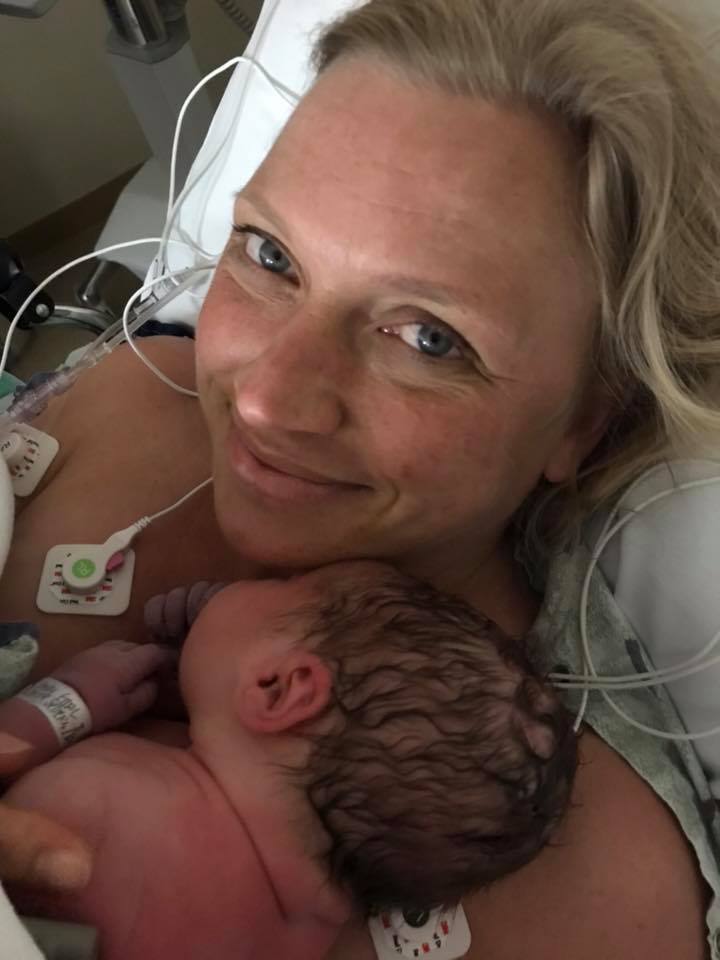
One of our clients describes her pregnancy, labor, and delivery and how having birth and postpartum doula support saved her sanity. You can listen to this complete podcast on iTunes or SoundCloud. Alyssa: Hello! Welcome to another episode of Ask the Doulas. I am Alyssa, and I’m super excited to be talking to one […]
Podcast Episode #48: Bri’s Postpartum Story
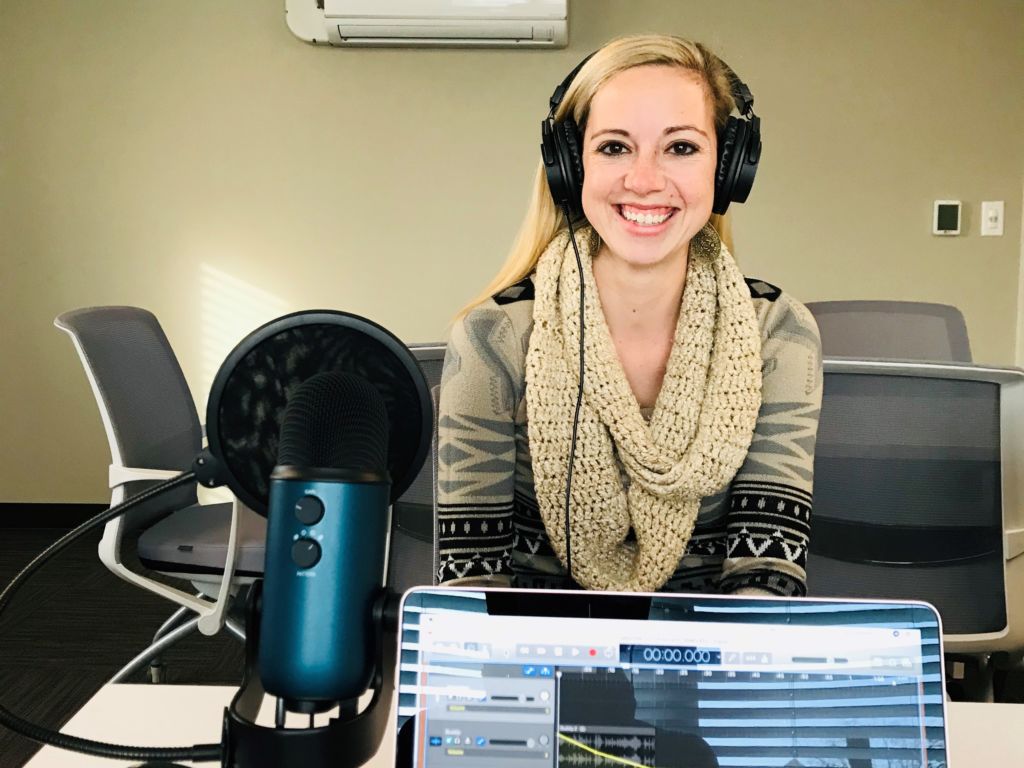
In this episode our dear friend, Bri Luginbill of BetterBodyImageConference.com tells us about her struggle with depression and anxiety before, during, and after pregnancy. You can listen to this complete podcast episode on iTunes or SoundCloud. Alyssa: Welcome to another episode of Ask the Doulas. I’m Alyssa, and today I’m so excited to be talking […]
Podcast Episode #45: Babywearing
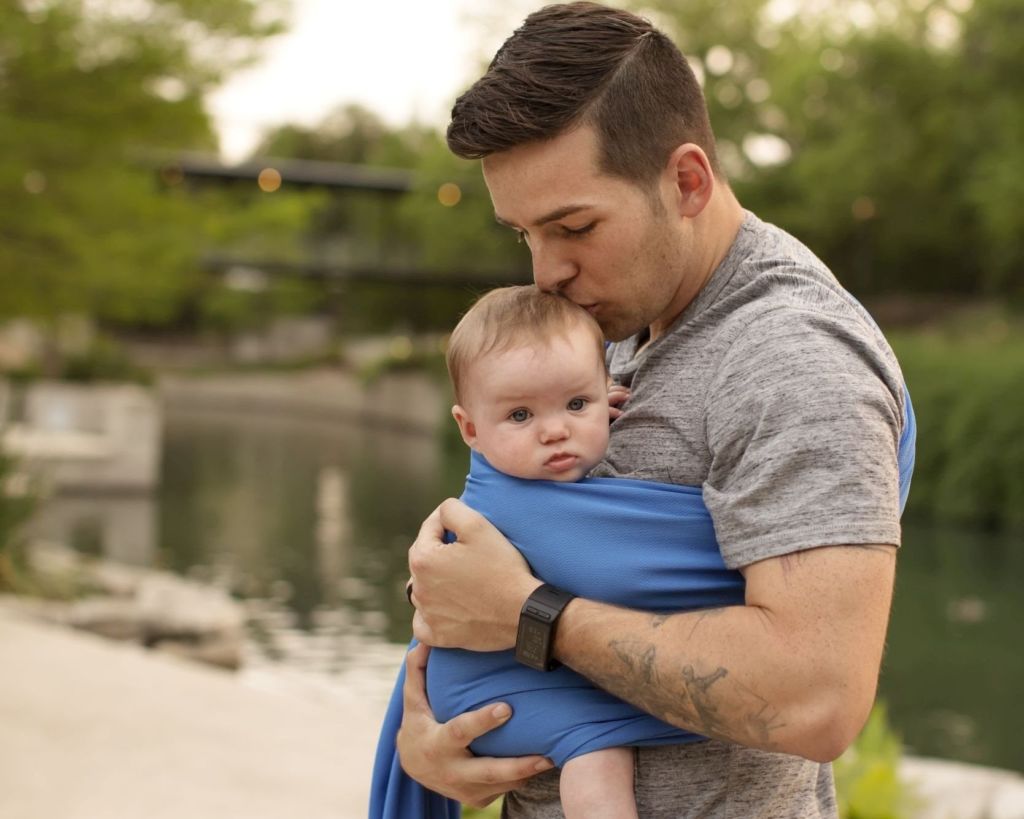
What are the best baby carriers and wraps? Can you wear twins? Today we talk to babywearing expert Marissa Berghorst, owner of EcoBuns Baby + Co in Holland, Michigan. You can catch this complete podcast episode on iTunes and SoundCloud. Alyssa: Hello again! Welcome back to Ask the Doulas. I am Alyssa Veneklase, co-owner and […]
My role as a postpartum doula.
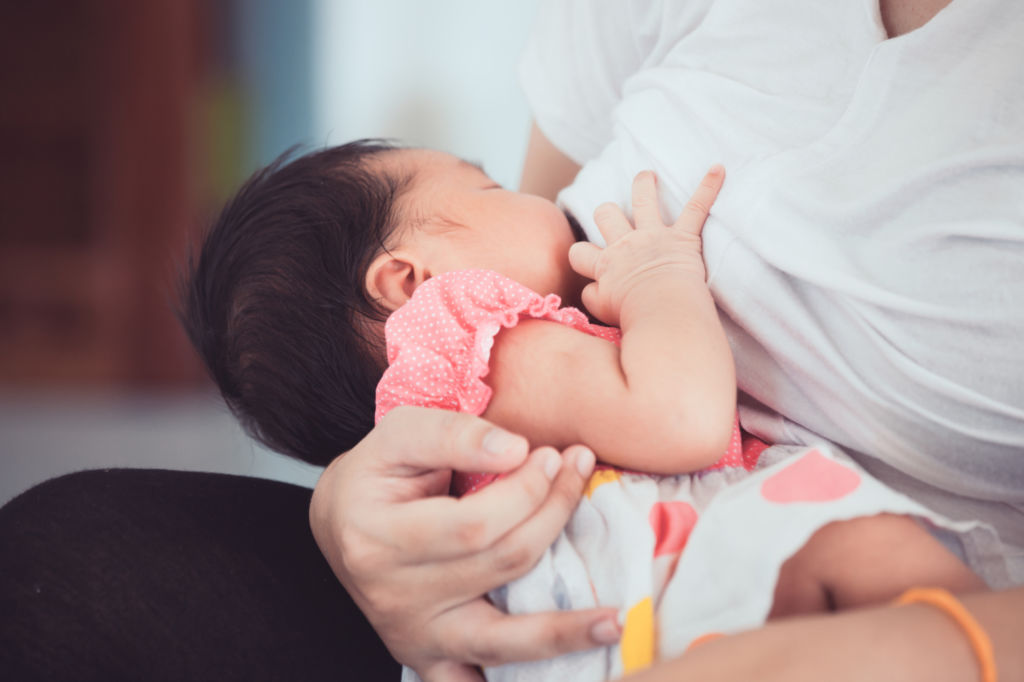
Our very own Jamie Platt, BSN, RN, CLC, CPST shares her personal insights on what it’s like to be a postpartum doula. What is the role of a postpartum doula? What does it look like, and how might a doula support the breastfeeding relationship between mom and baby? A postpartum doula can take care of […]
Media – Friend or Foe?
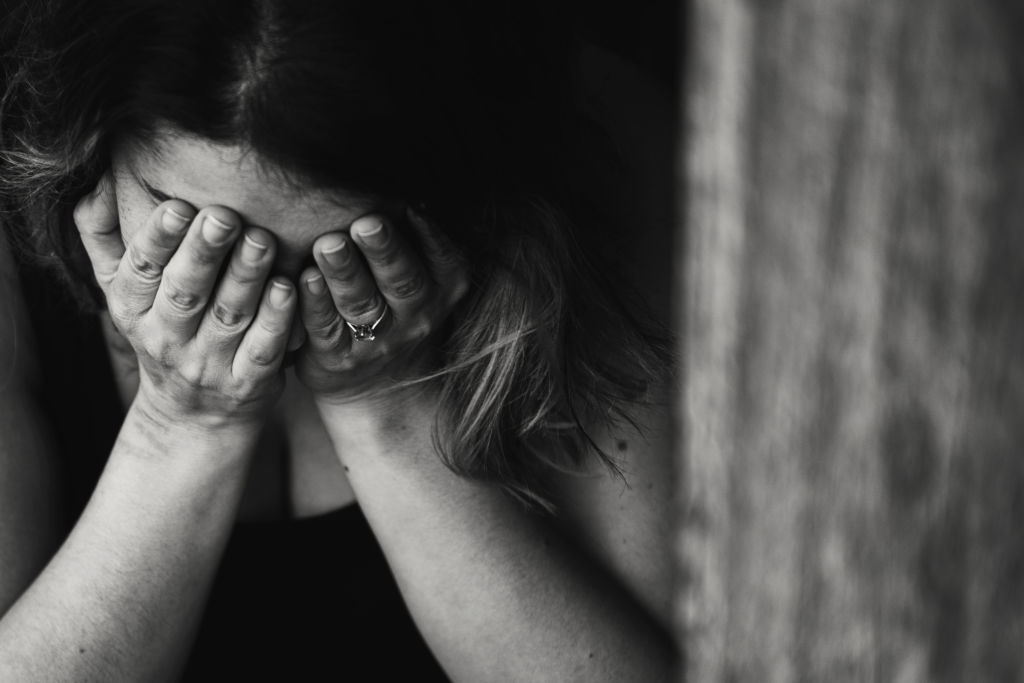
In light of recent events, we have a special guest blog by Lindsey Zaskiewicz, LMSW. Lindsey is a licensed social worker currently employed as a clinician on a mental health and substance abuse crisis line. Prior to this role, she has several years of experience working in maternal-infant mental health, as well as direct practice with […]
Meet our new birth doula, Mary!
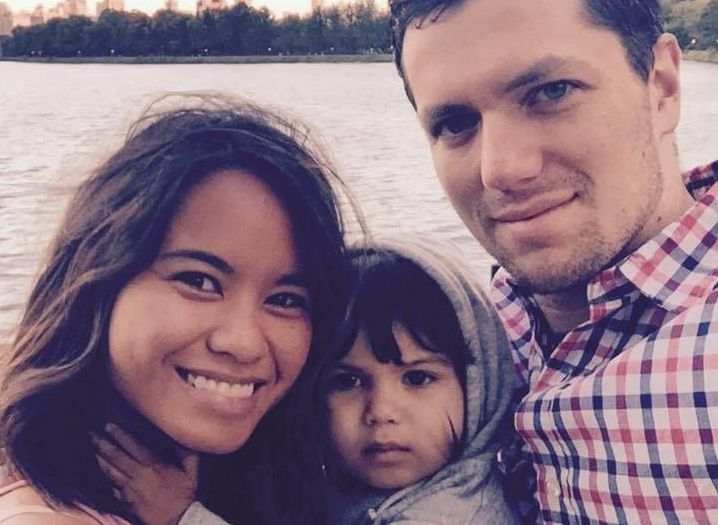
1) What did you do before you became a doula? I left my career in marketing to be a full-time mom, and with my young family, I ended up traveling for a few years to support my husband’s graduate studies in South Bend, Rome, and New York City. Since then, we’ve settled back in West Michigan, […]
Podcast Episode #20: Lisa’s Story about Postpartum Anxiety
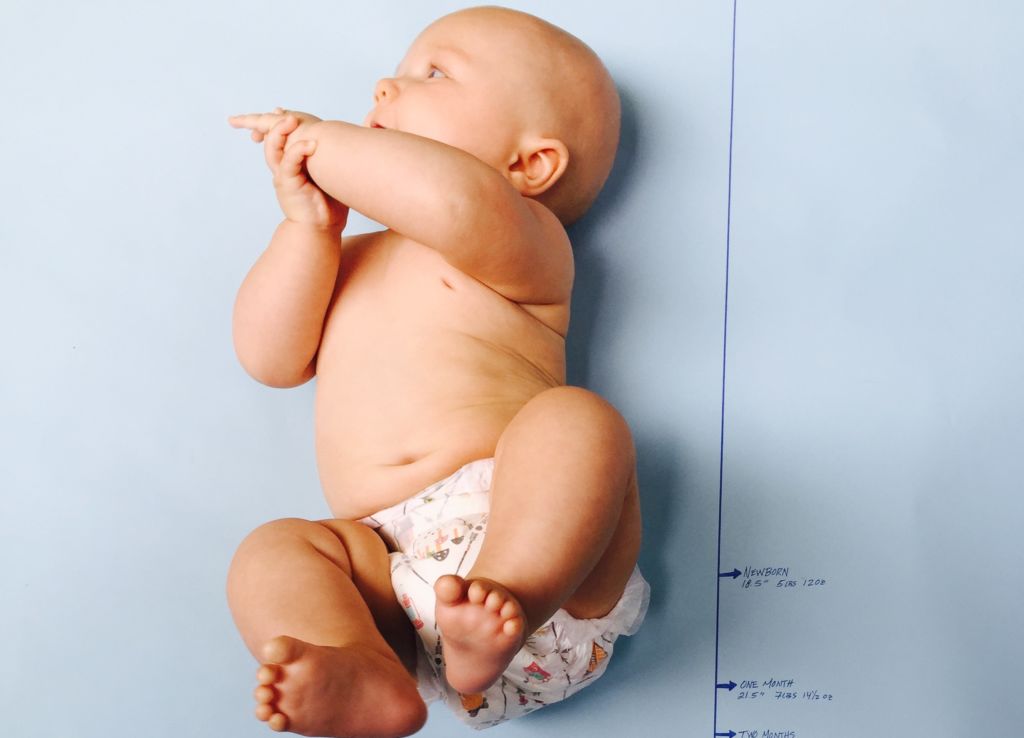
On this episode of Ask the Doulas, Lisa shares about her postpartum experience of dealing with anxiety and how doula support helped her through that challenging time. You can listen to the complete podcast on iTunes and Soundcloud. Please also visit our postpartum depression and anxiety resource list. Alyssa: Hi, welcome back to Ask the […]
It’s our birthday!
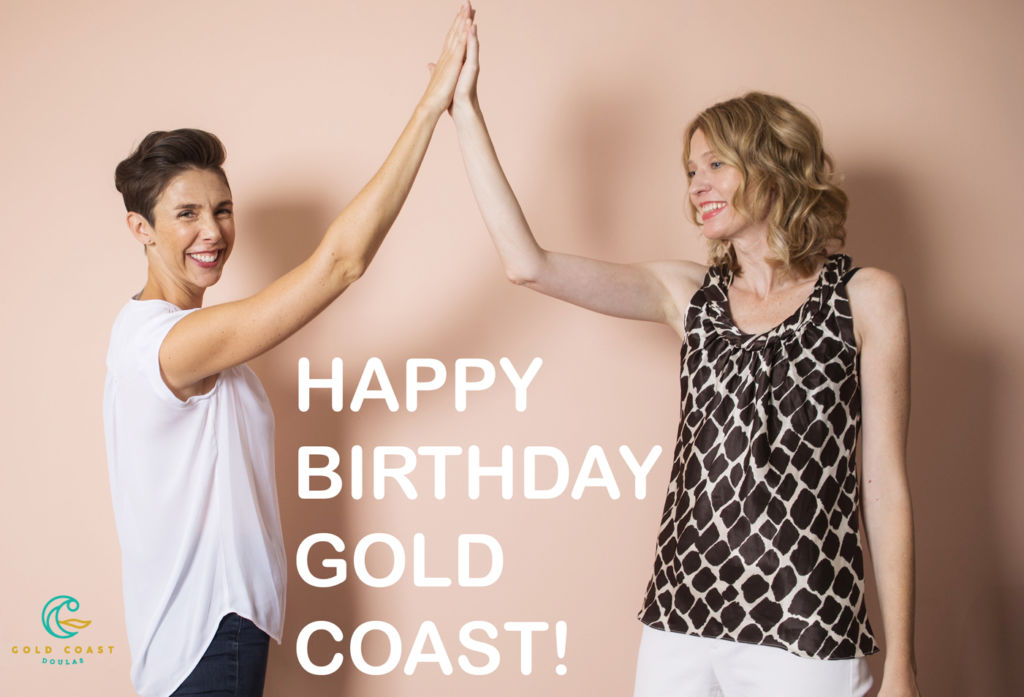
Gold Coast Doulas is two years old today! There is so much to celebrate in this short time. Here are some highlights: Gold Coast was a finalist for the 2017 Local First Local Motion Awards. Gold Coast was a named a Top Women Owned Business by the Grand Rapids Business Journal in 2017. GR Kids named Kristin […]
Postpartum Depression & Anxiety Resource List

After our recent event at the Wealthy Street Theatre where we screened ‘When the Bough Breaks – A Documentary about Postpartum Depression’ we realized that there are many great resources available to our community, but people may not know how to find them. We at Gold Coast, with the help of Cristina Stauffer, have compiled […]
Embraced and Not Feared: Exercise During Pregnancy
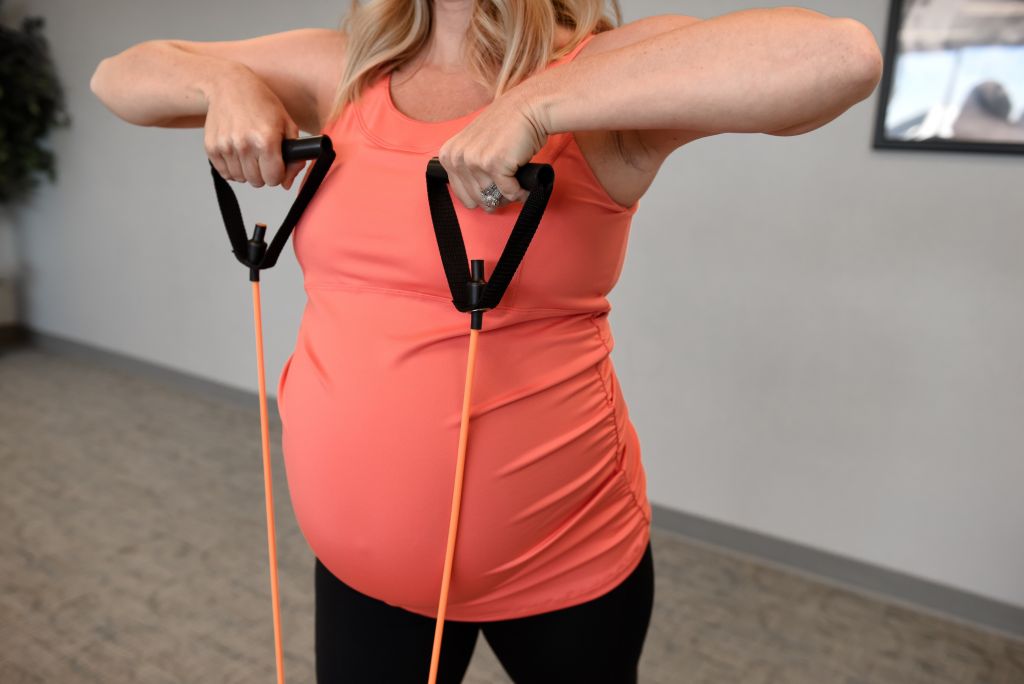
Our guess blogger today is Marissa Anderson of Fit4Mom Grand Rapids. Read on to gain valuable insight about prenatal fitness. No matter what it looked like for you – plus sign, blue line, double line – the moment you knew you had a new life growing inside you, there were so many questions that needed […]
Infant Massage Questions
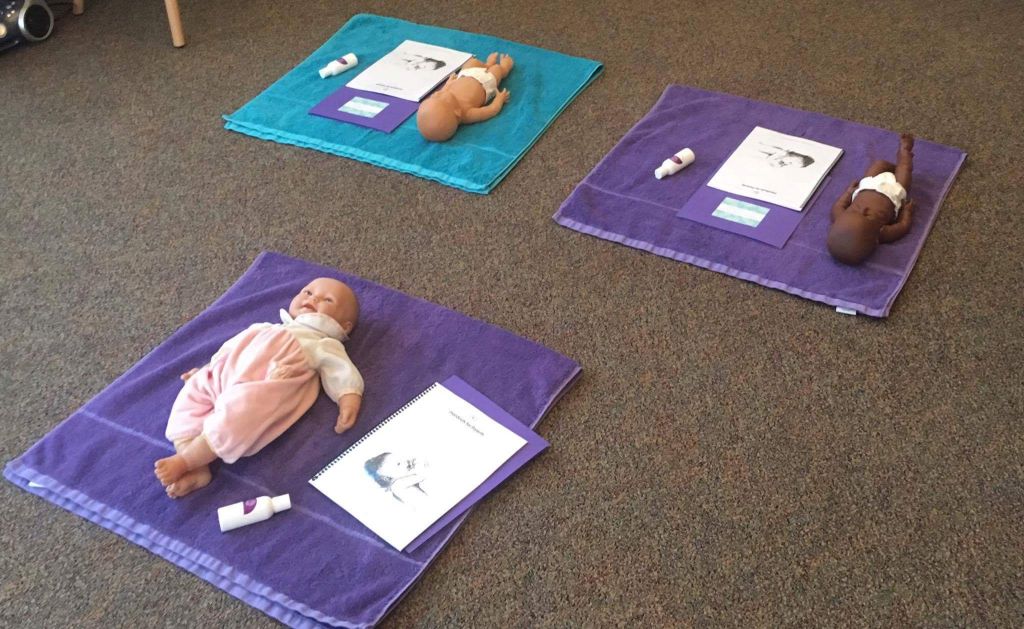
Frequently Asked Questions About Infant Massage Gold Coast Doulas is thrilled to present a Part 2 of the Infant Massage guest blog from Cristina Stauffer. Cristina Stauffer, LMSW, CEIM has been passionate about serving women and young children throughout her career. Pregnancy and early motherhood can be one of the most vulnerable times in a […]
Why is Infant Massage Good for Babies?
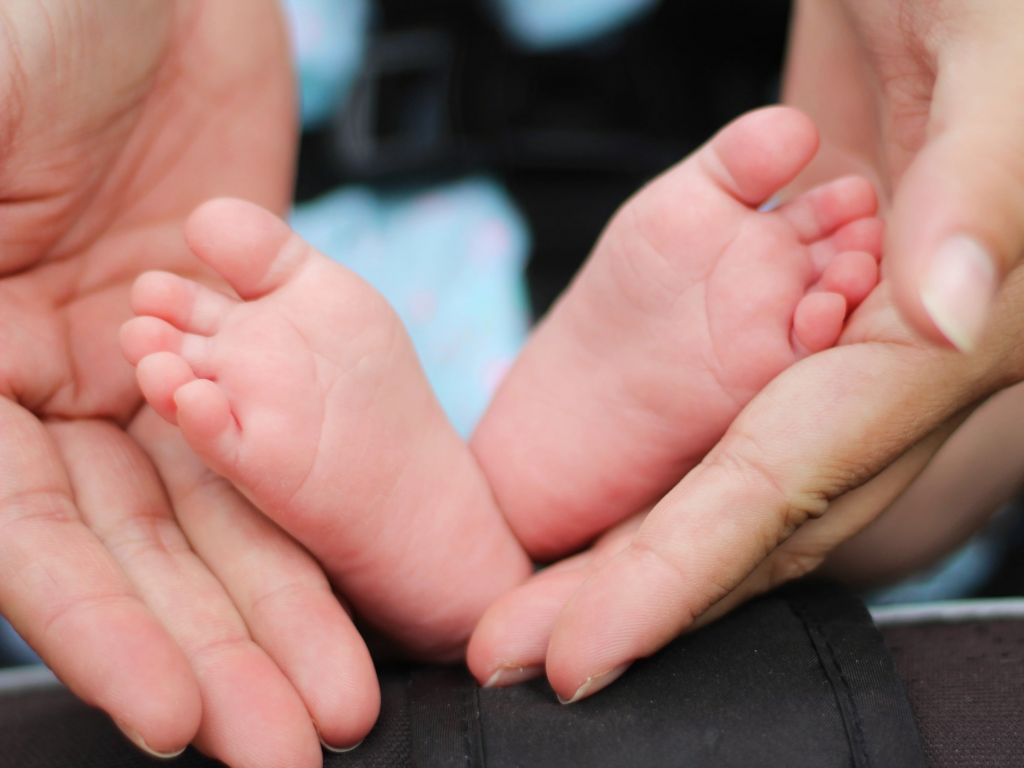
Why is Infant Massage Good for Babies? Gold Coast Doulas is thrilled to present a guest blog from Cristina Stauffer. Cristina Stauffer, LMSW, CEIM has been passionate about serving women and young children throughout her career. Pregnancy and early motherhood can be one of the most vulnerable times in a woman’s life. Cristina has been […]
What does non-judgmental support mean?
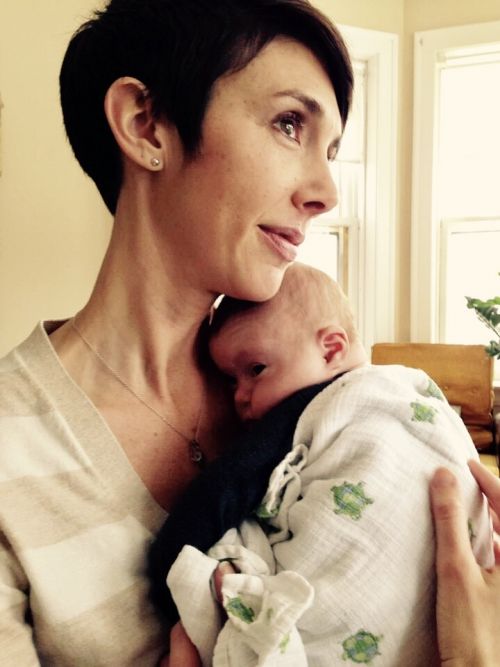
Author: Alyssa Veneklase, CD I was recently asked if, since I’m a doula, I tell clients not to vaccinate and make them feel guilty if they don’t breastfeed. What??! If you had a doula that made you feel this way, I apologize on behalf of them. That is the opposite of what a doula […]
Midwives and Doulas
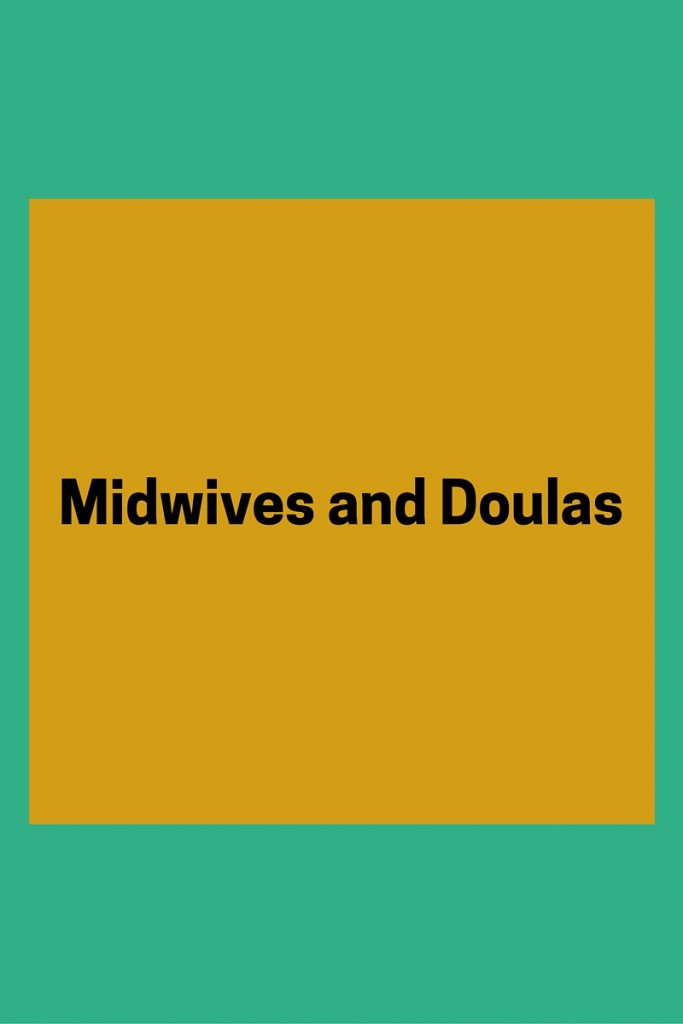
Gold Coast Doulas is pleased to present a guest blog from Mandi Garvey She is a certified birth doula, Masters trained health educator, and EMT serving families in West Michigan in both clinical and non-clinical labor support roles. When she’s not at a birth in one capacity or another, she’s napping in preparation for the […]
Feeding the Monkeys

We are pleased to present a guest blog on feedings from Becky Antaya. Becky is a Registered Dietitian Nutritionist (RDN) who has worked with women, infants and children for over 12 years. Through her experience educating moms and families about nutrition and breastfeeding she discovered a need for mothers to be nurtured and supported during […]
